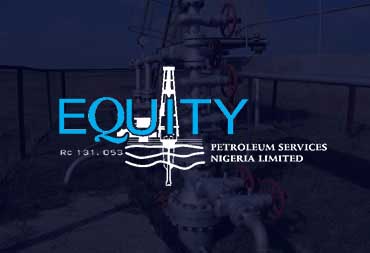Aiteo Group has expressed its intention to focus on places with huge untapped oil and gas reserves while doing a lot to develop assets in the Niger Delta.
In a message obtained from its website, the company stated that: The Niger Delta basin, off the shores of West Africa, is a core area for Aiteo, where we expect to contribute high-margin production. With tens of billions of barrels of oil reserves remaining untapped, there is enough capacity there alone to support the country’s oil industry for decades to come. We have a strong inventory of follow-up prospects, and expect that the Niger Delta basin will be our primary focus for many years of profitable operations.
In order to achieve this, we will need to look where no one has dared to look before for untapped reserves of light, sweet crude oil. Drilling in the deeper parts of the basin unlocks greater opportunities for companies, such as ours, that have the necessary expertise and ambition to explore these more challenging locations. Innovation in processing is also needed to maximize the efficiency of oil retrieval and to make sure all of its products – such as natural gas – are put to profitable use, keeping marginal and almost-exhausted oil fields profitable for as long as possible.
However, we are not fixed solely on the Niger Delta basin; we are also looking for untapped reserves elsewhere with equal ambition. The Benue Trough is a sedimentary rift that exists beneath south-eastern Nigeria and offers huge potential for onshore development. Its coal is a valuable resource in itself, as well as being a significant potential source for both oil and gas, however, the Trough is often overlooked by companies seeking easier options for development.
We are not afraid to take on these challenges, both for economic success and for the good of the global community. Oil is a finite natural resource and we must ensure that we retrieve as much of it as possible from the fields that are tapped, refine it as efficiently as possible into fuels and derivatives, and use it wisely in end-user markets, with pricing that reflects its rare value and the innovation that went into its release from its reservoir below the ground.
Our work is not purely about profit, but also aims to do good for the communities in which we operate. Alongside Southern Asia, sub-Saharan Africa is one of the world’s most poverty-stricken areas; together, the two regions account for four-fifths of all the planet’s communities living in poverty.
Worldwide, 1.6 billion people have no direct access to electricity, and in Nigeria the use of biomass, combustibles, waste and other renewable fuels for heating and cooking means more than 80% of total energy consumption does not come directly from oil and gas – a massive market to capitalise upon by ensuring the availability of infrastructure and a consistent supply.
By becoming the pan-African leaders in the energy supply market – both upstream and downstream – we can achieve massive growth in a huge potential market that other companies have, as yet, failed to target in its entirety. We can put in place robust infrastructure that complements and extends that which is already in place across the continent. And we can raise millions of Africa’s poorest residents out of fuel poverty by giving them power supply they can rely on.






